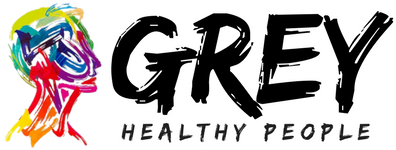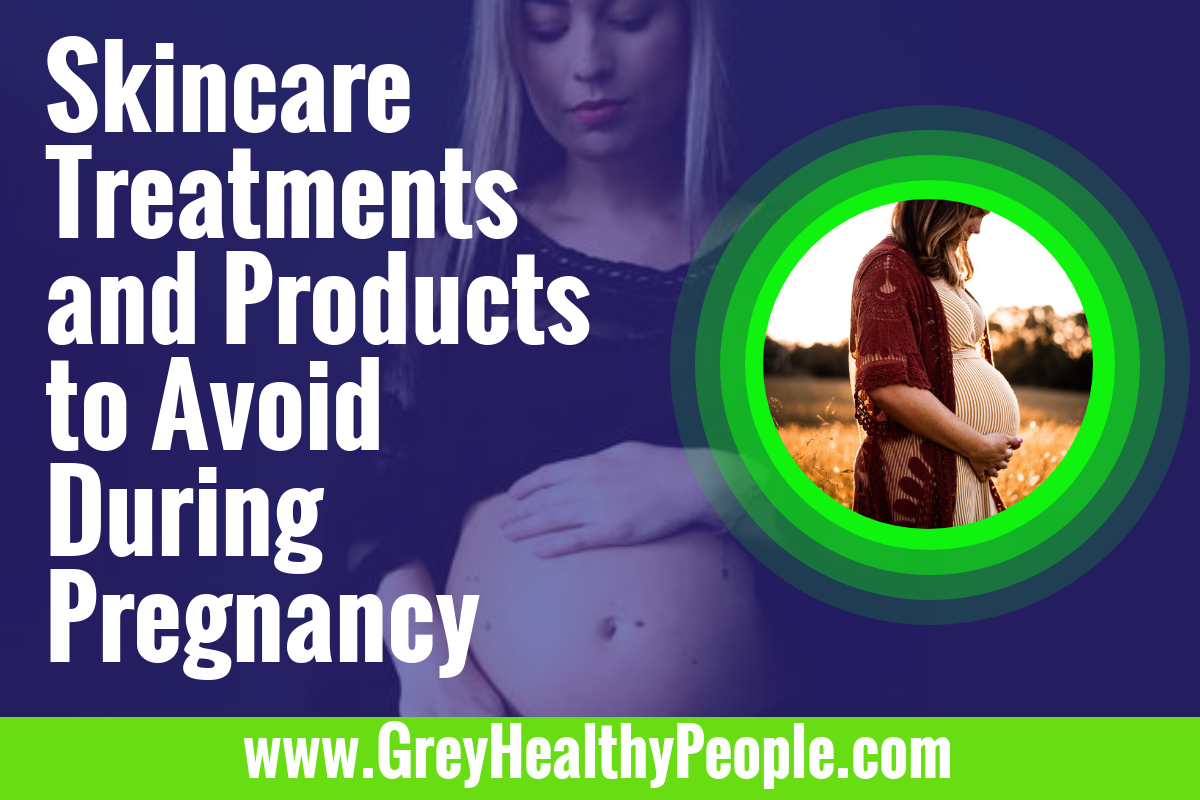Acids have become something of a revolution when it comes to skincare products and they can yield amazing results in the way of anti-aging, hydrating and treating skin blemishes. However, when you are expecting as baby, it is prudent to take greater care in your choice of skincare products as some acids are not safe for you or your developing baby. Always check the label of any skincare or beauty treatments you use during pregnancy to make sure that the ingredients are OK to use. If in doubt, ask your doctor or midwife for advice.
It can seem confusing with so many different beauty products out there, so here are four skincare ingredients that you are best avoiding during pregnancy, in order to make the best decision for you, your baby and your skin.
Beta Hydroxy Acids (BHAs)
As a rule, it is best to avoid beta hydroxyl acids, such as salicylic acid, as studies have shown this ingredient to increase the risk of birth defects and complications in pregnancy. Taking salicylic acid orally in medications like aspirin represents a larger risk than applying it topically to the skin in the form of a cleanser, for example However, doctors still recommend avoiding skincare products and beauty treatments containing beta hydroxy acids while pregnant, or at least checking that there is less than 2% concentration in them.
This is especially relevant for face and body peels. BHAs tend to be oil soluble and therefore extremely good at sinking really deeply into pores and on into the bloodstream. Always check with your doctor or midwife before having any skin peel beauty treatments, especially those containing BHAs. Better still, pay for a professional specialist pregnancy skin peel at a dermatologist’s premises.
Read More: How to Avoid Stress during Pregnancy?
Alpha Hydroxy Acids (AHAs)
Two common alpha hydroxyl acids used in skincare products are glycolic acid and lactic acid. AHAs such as these are considered less risky than beta hydroxy acids, but they should still be treated with some caution. Use in small amounts topically and avoid ingesting them orally. If you are treating acne, skin inflammation and redness, many specialist products contain alpha hydroxy acids, so always check the ingredients list very carefully before embarking on a longer-term treatment regime.
Safer ways to counter acne during pregnancy include washing affected areas twice daily with a mild cleanser (containing no more than 2% salicylic acid) and lukewarm water, keeping oily hair away from the face, leaving pimples and sports alone to heal and using oil-free cosmetics.
Retinoic Acids
Retinoic acids are commonly found in medicines and topical creams to treat acne, as well as in some anti-aging skin cleansers and cosmetics. This form of Vitamin A is not a safe ingredient to use while expecting as it can cause multiple adverse effects including miscarriage, premature delivery and birth defects. The risk is especially high if taken orally, for example in medicines intended to reduce acne. However, retinoids should also be avoided in anti-ageing skincare creams and acne treatments for optimal safety. This includes such products as Retin-A and Renova (tretinoin).
Dihydroxyacetone (DHA)
Think very carefully before going for a spray tan, DIY or otherwise while pregnant. The main active ingredient in most spray tanning products is dihydroxyacetone, or DHA. The long-term effects of the skin absorbing DHA while pregnant have yet to be rigorously tested, however self-tanning product is applied to such a large area of skin, all over the body and/or face, that it is best to avoid exposing it to the risk of something going wrong.
DHA works by interacting with the proteins in the top layer of skin cells, producing a brown pigment called melanoidin. While relatively little DHA is absorbed deeper into the body through rubbing in tanning lotion, the risks are still there, and are exacerbated if you use a tanning booth because you inhale the spray while it is applied, introducing it to the bloodstream a lot quicker.
Watch out for allergic reactions too. If you are going to use a tanning product that has been deemed safe to apply in pregnancy, do a skin patch test first to make sure that there will be no adverse reactions that could harm you or your baby. Always buy fake tan from a reputable supplier. And never, ever resort to tanning pills as these often contain excessive amounts of carotenoids, or colour additives that could also harm your baby.
Essential Oils
Aromatherapy and the use of essential oils on the skin and during pregnancy are the subject of numerous studies. Many are safe to use during pregnancy and are mild in their effects, including lavender. However, others must be treated with caution, as they can be inconsistent in nature. Always ask your doctor or midwife for their advice or consult a reputable aromatherapy expert with particular knowledge of use in pregnancy.
Some essential oils can help replace acne treatments containing harmful AHAs and retinoic acids. Lemongrass and tea tree oil are both lauded for their anti-bacterial and astringent properties. However, use essential oils only under medical advice and sparingly, diluted in bath water or mixed with a pregnancy safe carrier oil rather than applied directly to the skin.




